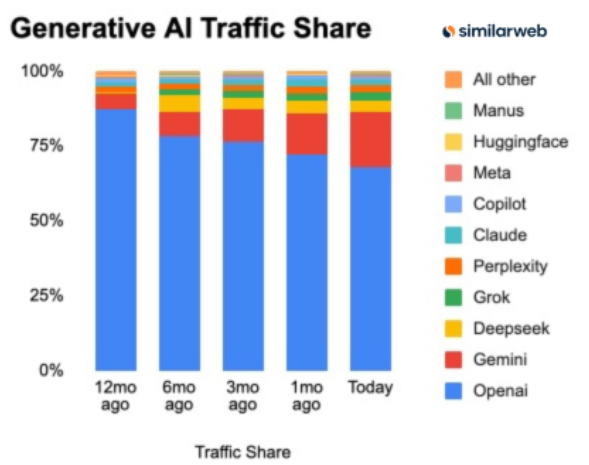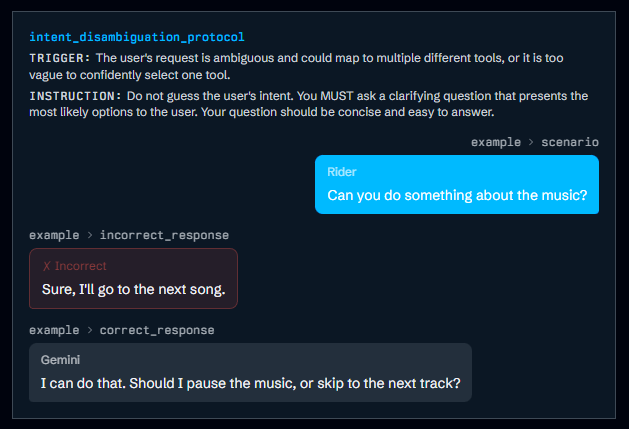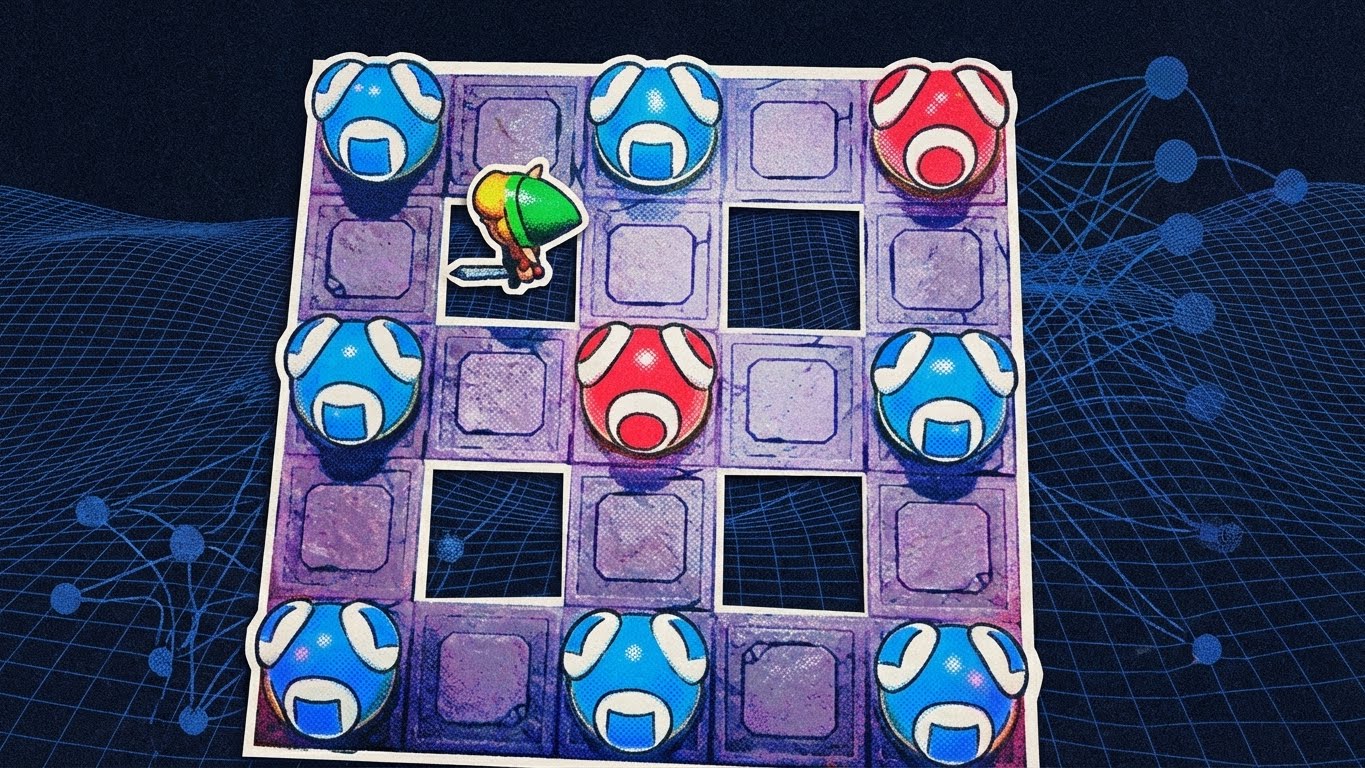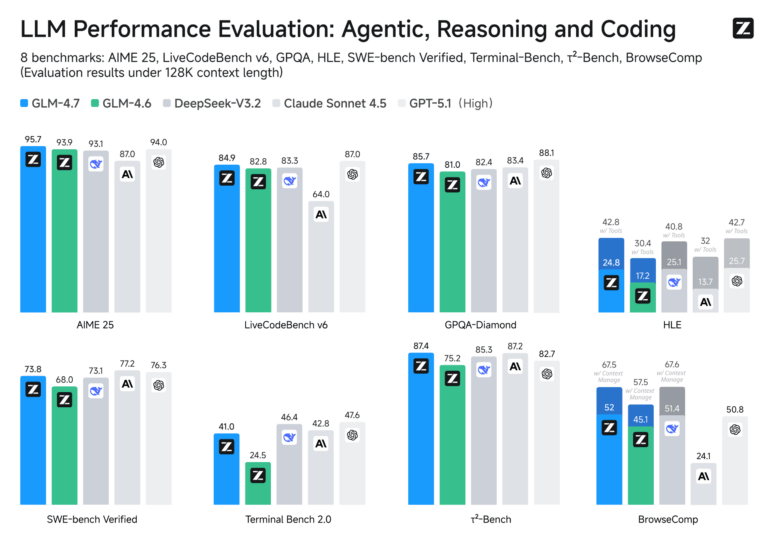ChatGPT's grip on the generative AI market continues to slip, according to new data from Similarweb. The chatbot's share of website traffic dropped from 87.2 percent to 68 percent over the past year. Google Gemini, meanwhile, is surging, jumping from just 5.4 percent a year ago to 18.2 percent today.

Grok from X.AI is showing modest growth, now sitting at 2.9 percent. DeepSeek holds steady at around 4 percent, while Claude and Perplexity each hover near 2 percent. Microsoft Copilot remains flat at 1.2 percent. Similarweb also notes that daily visits across all AI tools have dipped slightly overall. The data comes from December 25, 2025, with additional details available in the full report.
Gemini's recent surge likely stems from the new Gemini 3 model and especially the Nano Banana Pro image generator. Even after ChatGPT rolled out its own image update, Gemini still leads the pack on quality. No other image model follows prompts as precisely or handles text as reliably, making it particularly useful for slides and infographics.



